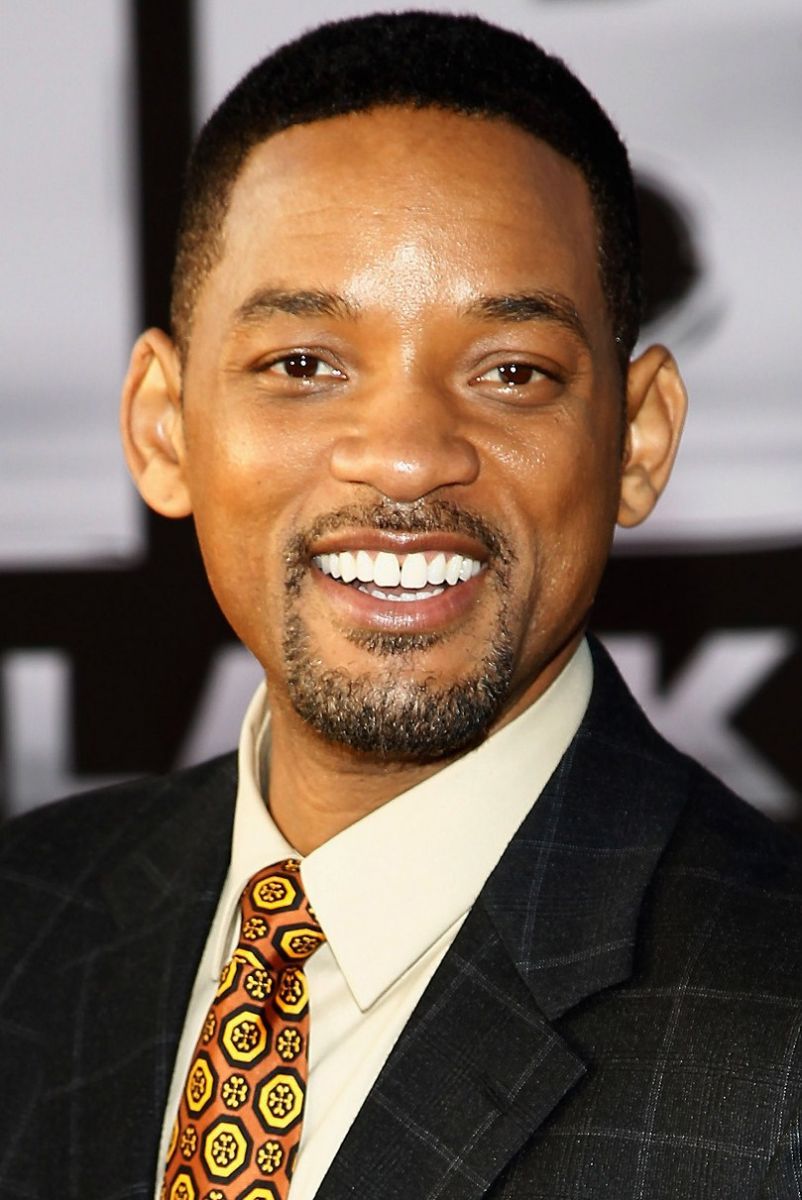Have you ever wondered what it truly takes to be an actor, perhaps even an actor named Macfarlane? It's a question that many people ponder when they think about the magic of stage and screen. This particular discussion will shed light on the very essence of acting, exploring what it means to portray characters and tell stories. We'll consider the unique contributions and qualities that an individual, let's call them a Macfarlane, brings to this ancient and cherished art form.
An actor, as a matter of fact, is someone whose work involves performing in plays or films. They are, in a way, storytellers who use their physical presence and vocal expression as instruments. These tools help them transport an audience into a completely different setting or situation. Someone who pretends to be another person while performing in a film, a play, or even a radio broadcast, is very much an actor.
The core meaning of an actor, quite simply, is one who acts. This could be in the traditional setting of a theatre, where the performer acts in the flesh, or it could be in motion pictures or television broadcasts. Hollywood, you know, is home to many skilled and successful performers. These stars, honestly, have brought joy to generations with their remarkable abilities.
Table of Contents
- The Essence of Acting for Any Actor Macfarlane
- The Actor's Path: A General Progression
- The Many Faces of an Actor Macfarlane
- Training and Refining the Craft
- The Impact of an Actor's Work
- Challenges and Rewards in an Actor's Life
- The Future for an Actor Macfarlane
- Frequently Asked Questions About Actors
- Conclusion: The Enduring Appeal of the Actor
The Essence of Acting for Any Actor Macfarlane
When we talk about an actor, specifically an "actor Macfarlane" in this context, we are really exploring the foundational principles of performance. An actor is someone whose job involves acting in plays or films, you see. This definition, quite simply, shows us the direct purpose of their work. It's about bringing characters to life, making them feel real to those who watch.
The ability to act, in a way, means to embody another's experiences and feelings. This is a skill that requires a deep connection to human emotion. An actor, whether they are a Macfarlane or anyone else, must understand the subtleties of human behavior. This understanding allows them to create portrayals that truly resonate with an audience, making them laugh, cry, or think.
An actor performs in the flesh in the traditional medium of the theatre, or they perform for the camera. The medium might change, but the core activity remains the same. It is about presenting a character's story through their own actions and words. This involves a lot of preparation, including studying scripts and understanding the world of the story, you know.
The Actor's Path: A General Progression
The path an actor takes, even an actor named Macfarlane, often begins with a strong desire to tell stories. Many start with school plays or local theatre groups. This early experience, you see, helps them discover if they truly love the stage. It's where they learn the very first steps of performance, like how to speak clearly and move with purpose.
After these early experiences, some might go on to formal training. This could mean attending a drama school or a university program that focuses on theatre or film. In these places, students learn techniques for voice, movement, and character development. They also study acting history and different styles of performance, which is pretty important.
The training helps to refine their natural talents. It teaches them discipline and the technical aspects of the craft. An actor, for example, learns how to work with directors and other performers. They also learn how to adapt to different roles and different production demands. This continuous learning is a big part of an actor's life, too it's almost a constant thing.
Early Influences and Beginnings
For any actor, their early influences are very important. It might be a film they saw, or a play that deeply moved them. These moments, quite frankly, can spark a lifelong interest in acting. They begin to see how powerful storytelling can be, and how an actor brings it to life.
Many young actors, including a potential actor Macfarlane, often start by simply observing. They watch how seasoned performers work, trying to understand their choices. This observational learning is a critical step in developing their own style. They might even try to imitate their favorite actors at first, which is a common way to learn.
These early experiences, like being in school productions or community plays, provide a safe space to experiment. They can try out different characters and see what feels right. It's a time for growth and discovery, and it helps build confidence. The stage, in these early days, is truly a place for trying new things, you know.
Formal Training and Skill Development
Formal training is where an actor truly hones their skills. It's where they move from just pretending to truly understanding the art. They learn about method acting, improvisation, and classical theatre techniques. This structured learning helps them develop a versatile set of tools for any role, that is a really good thing.
Voice training, for instance, is a big part of this period. An actor learns to project their voice, to speak with different accents, and to control their tone. Movement classes also teach them how to use their body to express emotion and character. These physical and vocal skills are absolutely necessary for effective performance.
They also learn about script analysis, which helps them break down a character's motivations and background. This deep study allows them to create more believable and complex portrayals. It's about getting inside the head of the character, in a way, and bringing that person to life for the audience.
The Many Faces of an Actor Macfarlane
An actor, like a Macfarlane, typically takes on many different faces throughout their career. They might play a serious dramatic role one day and a lighthearted comedic part the next. This versatility is often a mark of a truly skilled performer. It shows their ability to adapt and to stretch their talents, you know.
Some actors become known for specific types of roles, while others are celebrated for their wide range. For example, some might be very good at action films, while others shine in romantic comedies. The ability to switch between these different genres is a valuable asset. It allows them to explore various aspects of human experience.
The characters an actor portrays can be from any walk of life, from historical figures to everyday people. Each new role presents a fresh challenge and a chance to learn something new. This constant change keeps their work exciting and prevents it from becoming routine. It's really a job where every day can be different, you know.
Roles in Theatre
Theatre acting is, in some respects, a very unique experience. The actor performs live, directly in front of an audience. This means there are no second takes, and every performance must be complete and polished. The energy from the audience, quite frankly, can greatly influence the actor's performance.
In theatre, an actor must project their voice and movements to reach everyone in the audience, even those in the back rows. This requires a different kind of presence compared to film acting. They also have to maintain a consistent character over several hours, which is a demanding task. It's a true test of endurance and skill.
The camaraderie among a theatre cast is also a special part of the experience. They work together closely for weeks or months, building a strong bond. This teamwork is necessary to create a cohesive and believable production. It's a collaborative effort, basically, where everyone relies on each other.
Roles in Film and Television
Film and television acting, on the other hand, involves working with cameras and multiple takes. The performance is captured in small pieces, not all at once. This allows for more precision and the chance to refine scenes until they are just right. It's a different rhythm, really, compared to live theatre.
An actor in film or television must be aware of the camera's presence. They often need to deliver subtle expressions that the camera will pick up closely. Their performance might be seen by millions of people around the world, which is a huge reach. This wide audience means their work can have a very broad impact.
The pace of film and television production can be very fast. Actors might move from one scene to another quickly, sometimes even shooting scenes out of chronological order. This requires flexibility and the ability to stay focused. It's a dynamic environment, you know, with lots of moving parts.
Training and Refining the Craft
For an actor, including any actor named Macfarlane, the training never really stops. Even experienced performers continue to take classes, attend workshops, and work with coaches. This ongoing learning helps them stay sharp and discover new techniques. It's a career where there's always more to learn, honestly.
They might study different acting methods, like Stanislavski's system or Meisner technique. Each method offers a different approach to character development and emotional truth. Exploring these methods helps an actor find what works best for them. It's about building a diverse toolbox of skills, you know.
Voice and movement training are also continuous. An actor's body and voice are their primary instruments, so keeping them in top condition is vital. They might work with vocal coaches to maintain their range or with movement specialists to improve their physical expression. This dedication to their craft is pretty impressive.
The Role of Practice and Rehearsal
Practice and rehearsal are absolutely essential for any actor. Before a performance or a shoot, actors spend many hours going over their lines and blocking. This repetitive work helps them memorize their parts and understand the flow of the scene. It's where the magic starts to happen, in a way.
During rehearsals, actors experiment with different ways to deliver lines and portray emotions. They work with the director to find the best interpretation of the script. This collaborative process allows them to refine their performance and make it more believable. It's a time for trying things out and getting feedback.
The more an actor practices, the more natural their performance becomes. They can then focus on the emotional truth of the scene rather than just remembering lines. This dedication to rehearsal is what separates a good actor from a truly great one. It shows their commitment to the role, you know.
Continuous Learning and Adaptation
The acting world is always changing, so actors must constantly learn and adapt. New technologies, like virtual reality, are creating new opportunities for performance. Actors might need to learn how to perform in motion capture suits or for interactive experiences. This keeps things interesting, you know.
They also need to stay current with cultural trends and societal shifts. This helps them understand the characters they play and the stories they tell. An actor who is aware of the world around them can bring more depth to their roles. It's about being observant and open to new ideas.
This continuous adaptation is a mark of resilience. An actor must be willing to step out of their comfort zone and try new things. It's a career that demands flexibility and a willingness to grow. And that, in some respects, is what makes it so rewarding.
The Impact of an Actor's Work
The work of an actor, including an actor Macfarlane, has a profound impact on society. They bring stories to life that can entertain, educate, and inspire. These stories often reflect our own lives, helping us to understand ourselves and the world better. It's a pretty powerful way to connect with people.
Through their portrayals, actors can shed light on important social issues. They can make us feel empathy for characters who are very different from ourselves. This ability to foster understanding is a vital part of their contribution. It helps to build bridges between people and cultures.
Moreover, actors provide an escape from everyday life. They transport us to different times and places, allowing us to forget our worries for a while. This entertainment value is incredibly important for mental well-being. It's a way to relax and enjoy a good story, you know.
Challenges and Rewards in an Actor's Life
The life of an actor, even for an actor Macfarlane, comes with its own set of challenges. It can be a very competitive field, with many talented individuals vying for a limited number of roles. This means that rejection is a common part of the experience. It takes a lot of resilience to keep going.
The work can also be physically and emotionally demanding. Actors might need to perform intense scenes or spend long hours on set. They also have to manage the emotional toll of portraying difficult characters. It's not just about memorizing



Detail Author:
- Name : Prof. Gregg Reinger
- Username : borer.dina
- Email : linda.reichert@zemlak.com
- Birthdate : 1993-12-24
- Address : 653 Jarrod Loaf Bergestad, AR 11839-2357
- Phone : 1-216-737-2416
- Company : Mann-Herzog
- Job : Food Preparation Worker
- Bio : Libero qui animi quia facilis dolorum nesciunt. Distinctio architecto laborum minima voluptas cum minima similique veritatis. Consequatur corporis ex corrupti quas.
Socials
tiktok:
- url : https://tiktok.com/@amalia_xx
- username : amalia_xx
- bio : Dolorem natus sunt delectus asperiores harum voluptas.
- followers : 785
- following : 519
linkedin:
- url : https://linkedin.com/in/amalia.kub
- username : amalia.kub
- bio : Dignissimos perferendis quo illum quam sed non.
- followers : 5893
- following : 952
twitter:
- url : https://twitter.com/akub
- username : akub
- bio : Porro sunt repellendus occaecati et. Architecto expedita fugit architecto ducimus aut ad. Eius autem laboriosam suscipit sit.
- followers : 362
- following : 1175
instagram:
- url : https://instagram.com/amalia.kub
- username : amalia.kub
- bio : Velit id aut ab. Reiciendis quas nihil ipsa magnam cupiditate autem. Similique autem amet saepe.
- followers : 5729
- following : 2297